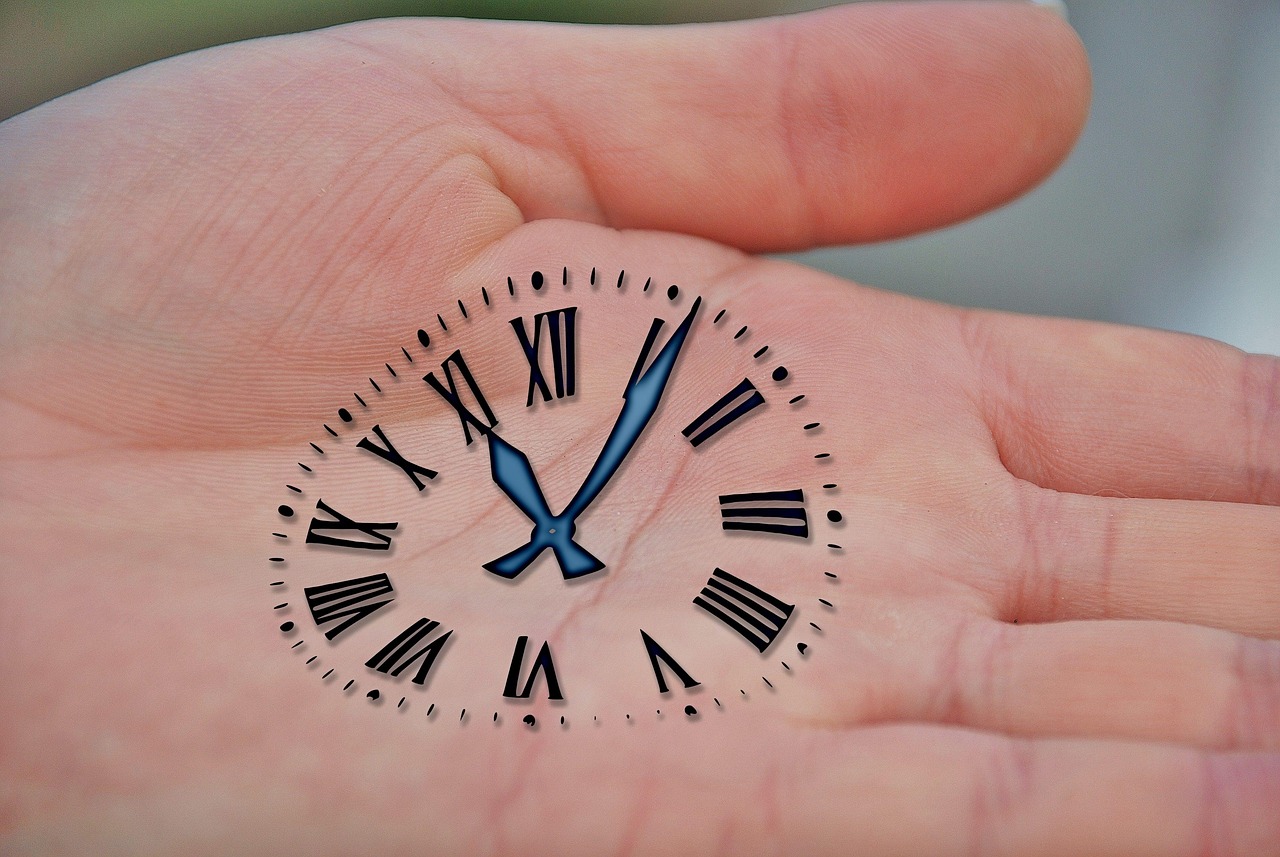Time Periods - Part 3
The Evolution of Fashion: A Journey through Different Eras - Part 3
Exploring the history of fashion is like embarking on a captivating journey through time, witnessing how trends evolve and reflect the values and aesthetics of each era. In this third installment of our series, we delve into more fascinating periods that have shaped the way we dress and express ourselves.
The Roaring Twenties
The 1920s were a time of liberation and rebellion, and this was mirrored in the fashion of the era. Women embraced a more relaxed and boyish silhouette with dropped waistlines, short skirts, and bobbed haircuts. The iconic flapper dress became a symbol of the decade, with its embellishments and fringe detailing embodying the spirit of the Jazz Age.

The Swinging Sixties
The 1960s marked a cultural revolution, and fashion played a significant role in challenging traditional norms. Mini skirts, bold patterns, and psychedelic colors defined the style of the era. Designers like Mary Quant and André Courrèges popularized mod fashion, characterized by clean lines and geometric shapes that reflected the futuristic optimism of the time.

The Eclectic Eighties
The 1980s were all about excess and individuality, with fashion trends that were bold, colorful, and unapologetic. Power suits with exaggerated shoulder pads, neon colors, and statement accessories were ubiquitous. The rise of MTV and pop culture icons like Madonna influenced an eclectic mix of styles, from punk to preppy, creating a decade of sartorial diversity.

Conclusion
Each era in fashion history encapsulates the social, cultural, and political climate of its time, offering a glimpse into the collective mindset of society. The evolution of style is a testament to our ever-changing world, where trends come and go, but the creativity and expression inherent in fashion remain timeless.
Join us for the next installment as we continue our journey through different eras of fashion, exploring the trends and influences that have shaped the way we dress.
